Small space living: Do you find yourself constantly struggling with financial issues? Are you looking for ways to save money without compromising your lifestyle? Well, the solution might be simpler than you think.
Have you ever considered small space living? Living in a smaller space may seem like a sacrifice, but it can actually be a smart financial move. Not only can it help you cut down on your living expenses, but it can also help you declutter your life and live more sustainably.
In fact, there are several ways that small space living can save you money. In this article, we will explore seven ways that living in a smaller space can help you save money.
From lower rent and utility bills to reduced maintenance costs and less spending on unnecessary possessions, we will delve into the practical benefits of downsizing your living space.
We will also discuss how living in a small space can encourage you to adopt a minimalist mindset, leading to a more fulfilling and satisfying lifestyle.
So, if you’re ready to explore the world of small space living and discover how it can help you save money and simplify your life, then keep reading!

7 ways small space living can save you money
Small space living has become increasingly popular in recent years as more people are opting for minimalist lifestyles or living in urban areas with limited housing options.
Whether you’re living in a tiny house, a studio apartment, or a shared space, there are plenty of ways to make the most of your small living area. Here are some tips and tricks to help you make the most of your small space.
Firstly, it’s important to declutter and prioritize your belongings. In a small space, every inch of space counts, so it’s essential to only keep items that you use regularly and that bring you joy.
Consider donating or selling items that are no longer needed or have sentimental value but take up valuable space.
Once you’ve narrowed down your belongings, look for creative storage solutions such as under-bed storage, wall-mounted shelves, and multi-functional furniture. Next, consider the layout of your small space. A well-designed layout can make a small space feel larger and more functional.
When arranging furniture, aim for a balance between function and aesthetic appeal. Consider placing furniture at an angle or using a rug to define a separate living area. Utilize vertical space by adding floating shelves or hanging plants.
Lighting is also essential in a small space. Natural light is ideal, but if that’s not possible, look for ways to brighten up your space with artificial lighting. Opt for light-colored walls, sheer curtains, and reflective surfaces to maximize the light in your space.
When it comes to decorating a small space, less is often more. Opt for a few statement pieces rather than cluttering the space with too many decorative items.
Choose items that serve multiple purposes, such as a decorative mirror that also reflects light and makes the space feel larger.
Finally, embrace the benefits of small space living. A small space can force you to be more organized, mindful of your belongings, and creative with your design choices.
Embrace the challenge of making a small space work for you and find joy in the simplicity of a minimalist lifestyle. Small space living requires some creativity and organization, but it’s an opportunity to make the most of your space and simplify your life.
By prioritizing your belongings, creating a functional layout, utilizing lighting and storage solutions, and embracing minimalist design choices, you can make your small space feel like a cozy and inviting home.
Also see: Tiny House You Can Tow
Top pick

Editor’s choice
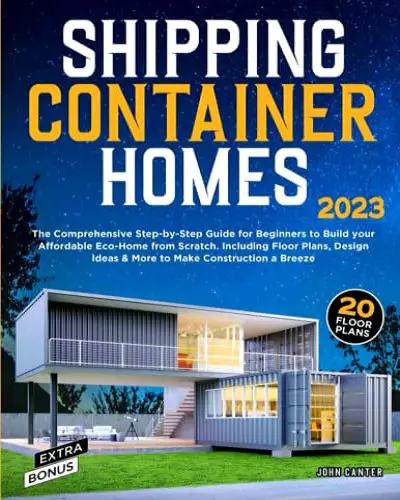
A smaller house is easier to clean, which saves money
Many people dream of owning a large, spacious home with plenty of room for their belongings and enough space to entertain guests. However, it’s important to remember that with more space comes more responsibility, especially when it comes to cleaning and maintaining the home.
A smaller house may seem less impressive at first glance, but it actually has many advantages, especially when it comes to saving money. One of the biggest benefits of a smaller home is that it’s much easier to clean and maintain than a larger home.
With fewer rooms and less square footage, you’ll spend less time and money on cleaning supplies, as well as on hiring professional cleaners.
In addition to saving money on cleaning expenses, a smaller home can also help you save money on utility bills. With less space to heat and cool, your energy bills will be lower, especially during the hottest and coldest months of the year.
This can make a big difference in your monthly budget, allowing you to put more money towards savings or other important expenses. Overall, while a smaller home may not be for everyone, it’s important to consider the financial benefits of downsizing.
Not only can it help you save money on cleaning and utility expenses, but it can also free up more money in your budget for the things that matter most to you.
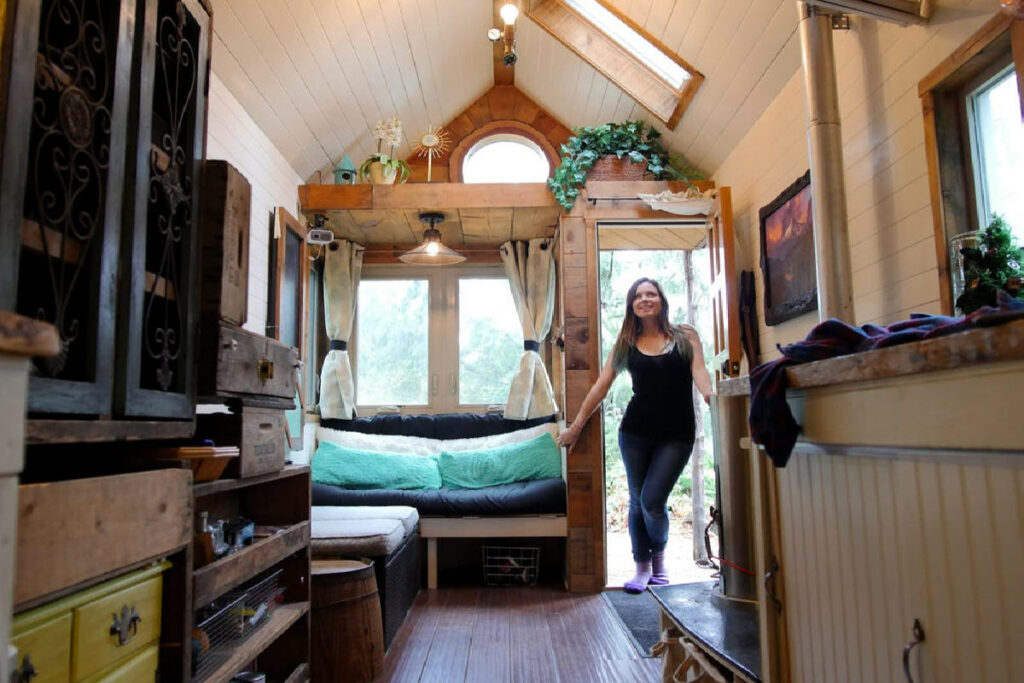
Small house or tiny living is cheap to maintain
Small houses and tiny living spaces have become increasingly popular in recent years. With the rising cost of living and the desire for a simpler lifestyle, many people are choosing to downsize their living spaces.
One of the main advantages of small houses and tiny living spaces is that they are cheap to maintain. Firstly, smaller spaces require less energy to heat and cool. This means that your utility bills will be significantly lower than they would be in a larger home.
Additionally, smaller homes require less cleaning, which can save you time and money. You won’t need to purchase as many cleaning supplies, and you can easily clean your entire home in just a few hours.
Moreover, the cost of repairs and maintenance is significantly lower for small homes. With fewer appliances and fixtures to maintain, you won’t need to spend as much money on repairs and replacements.
Plus, small homes are often designed to be durable and efficient, which can reduce the need for maintenance in the first place.
Lastly, small homes often come with lower property taxes and insurance premiums. This is because the value of the property is lower than that of a larger home.
So, not only will you save money on the cost of maintaining your home, but you’ll also save money on the associated taxes and insurance.
If you’re looking for a way to save money on your living expenses, downsizing to a small house or tiny living space could be an excellent solution.
With lower utility bills, fewer cleaning costs, and reduced maintenance expenses, you can enjoy a simpler lifestyle without breaking the bank.
Also see: Tiny House Living Essentials
Top pick

Editor’s choice
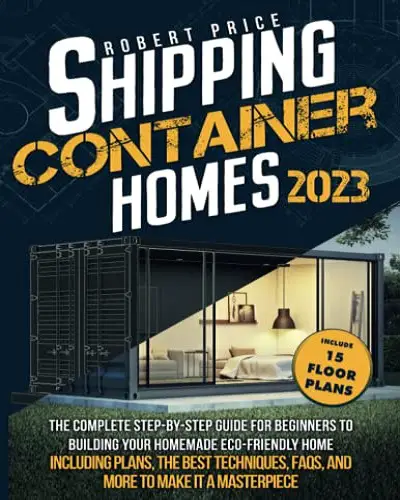
Small space living require small square area to setup
Small space living has become a popular trend in recent years, with many people choosing to downsize their living arrangements to save money and reduce their environmental impact.
However, living in a small space requires careful consideration when it comes to setting up the living space. In this article section, we will explore the ins and outs of setting up a small living space.
The first step in setting up a small living space is to determine your needs. This involves considering what activities you will be doing in the space and what items you need to accommodate those activities.
For example, if you plan to work from home, you will need a workspace with a desk and chair. If you love to cook, you will need a kitchen area with adequate counter space and storage for kitchen appliances.
Once you have determined your needs, it is important to prioritize them. In a small space, you may not be able to accommodate everything you want, so you will need to make some tough decisions.
Consider what items are essential and what can be eliminated or stored elsewhere. Next, think about the layout of your space. In a small living area, it is important to make the most of the available square footage.
One way to do this is to create zones for different activities. For example, you could create a sleeping zone with a bed and nightstand, a living zone with a couch and coffee table, and a work zone with a desk and chair.
Storage is also a key consideration when setting up a small living space. In a small space, every inch of storage counts. Look for creative solutions, such as storage ottomans or wall-mounted shelves, to maximize storage space.
Consider using furniture that serves multiple purposes, such as a sofa bed or a coffee table with built-in storage.
Finally, don’t forget about the decor. In a small space, the decor can make a big impact. Use light colors and simple patterns to create the illusion of more space.
Hang mirrors to reflect light and create the illusion of depth. And don’t be afraid to add a pop of color or a unique piece of artwork to make the space feel more personal.
Setting up a small living space requires careful consideration of your needs, prioritization of those needs, smart layout planning, creative storage solutions, and thoughtful decor.
With a little creativity and some careful planning, you can make the most of your small living space and create a comfortable and functional home.
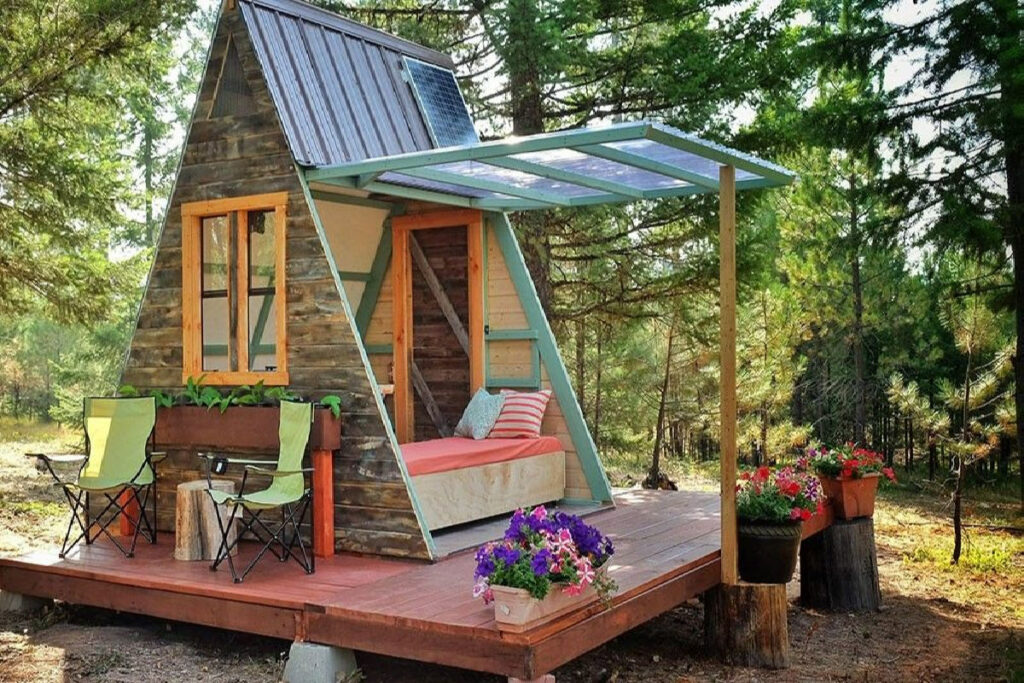
It is easy to go off-grid with small space or tiny house
If you’re looking for a way to live off-grid, but don’t have much space to work with, you might think that it’s impossible. However, with a bit of planning and creativity, it’s actually quite easy to go off-grid with a small space or tiny house.
One of the first things you’ll need to do is decide on the type of off-grid system you want to use. Solar power is one of the most popular options, as it’s reliable, renewable, and easy to install.
You’ll need to calculate your power needs based on your appliances and electronics, and then purchase the right size solar panels and batteries to suit your needs.
Water is another important consideration when living off-grid. You’ll need to decide if you want to collect rainwater, drill a well, or use a water filtration system to purify your water.
Each of these options has its own benefits and drawbacks, so it’s important to do your research and choose the one that’s right for you. If you’re living in a small space, you’ll also want to make sure that you’re using your space efficiently.
This might mean using multi-purpose furniture, like a bed that doubles as a storage space, or installing shelves and cabinets to maximize storage space. Another important factor to consider when living off-grid is your waste management system.
You’ll need to have a plan for disposing of your waste in a way that’s safe and environmentally friendly. This might mean using a composting toilet or installing a septic system.
Finally, it’s important to have a plan for heating and cooling your small space. You might consider using a wood-burning stove or installing a mini-split system for heating and air conditioning.
Living off-grid in a small space or tiny house can be a rewarding and fulfilling experience. With a bit of planning and creativity, you can create a sustainable and self-sufficient home that meets all of your needs.
So if you’re looking for a way to live off-grid, don’t let your small space hold you back – with the right tools and resources, you can make it happen!
Also see: Can Tiny Homes Have Basements?
Top pick
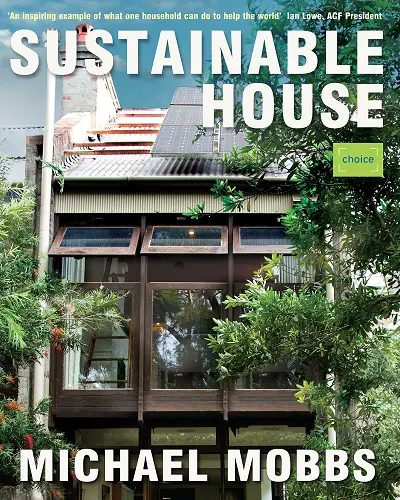
Editor’s choice
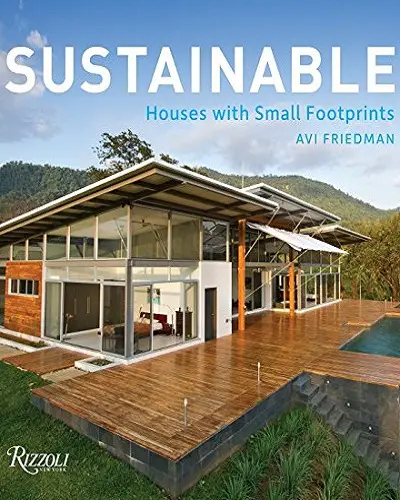
Best value
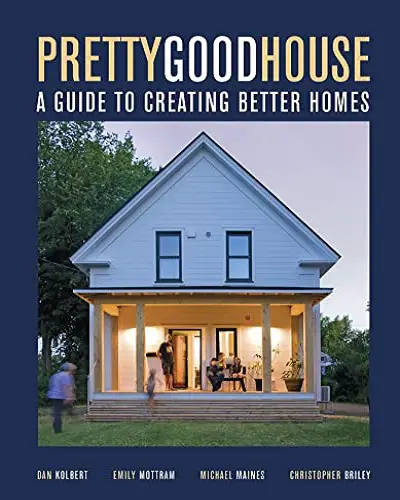
A smaller house encourages you to live more simply
In a world where bigger is often seen as better, the idea of downsizing can be intimidating. However, choosing to live in a smaller house can have numerous benefits, one of which is encouraging you to live more simply.
When you have a smaller living space, you quickly realize that you cannot accumulate as much stuff as you would in a larger home. This limitation forces you to prioritize the items that truly matter to you and to get rid of the excess clutter that tends to accumulate in a larger home.
This process can be liberating, as it frees you from the burden of constantly having to manage your possessions.
Moreover, a smaller house encourages you to be more mindful of your consumption habits. When you have less space, you are less likely to buy things impulsively or to purchase items that you do not need.
Instead, you become more intentional about the items you bring into your home, which can lead to a more sustainable and environmentally friendly lifestyle.
Living in a smaller house can also have financial benefits. A smaller home is typically less expensive to purchase or rent, and it can also be less expensive to maintain.
In addition, living in a smaller space often means that you have lower utility bills, as you do not need to heat or cool as much square footage.
Overall, choosing to live in a smaller house can be a wise decision that encourages you to live more simply and mindfully. By focusing on what truly matters and letting go of excess clutter, you can create a more peaceful and fulfilling life for yourself.
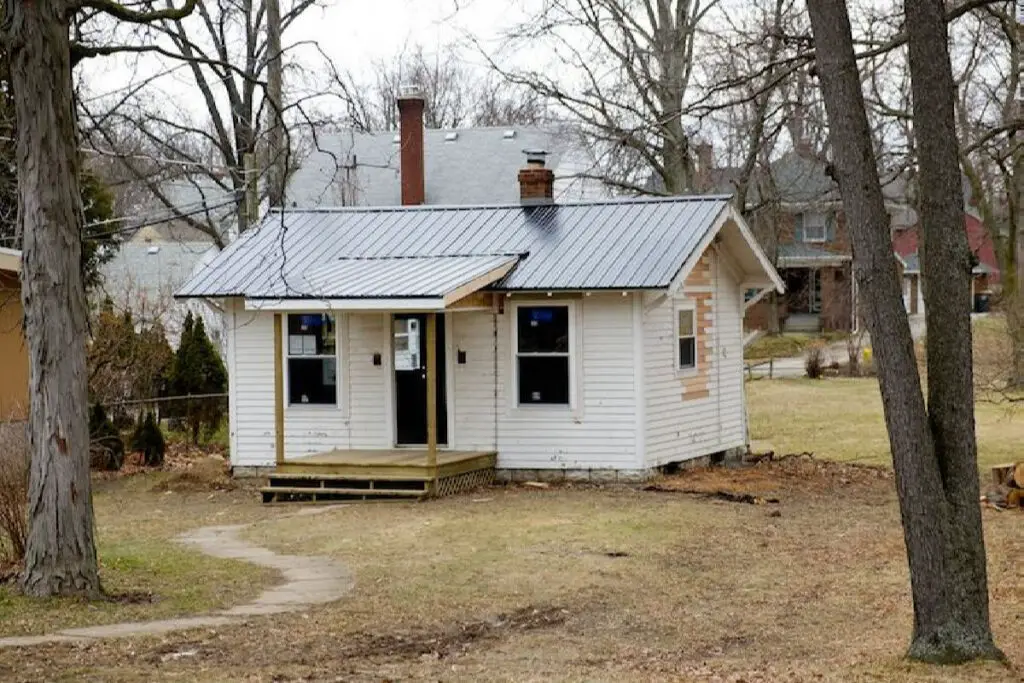
A smaller house is easier to customize even for beginners
When it comes to homeownership, bigger isn’t always better. While large houses may offer ample space, they can also come with a host of challenges, from high maintenance costs to limited opportunities for personalization.
On the other hand, smaller houses can be easier to customize, even for beginners. One of the benefits of owning a smaller house is that it offers a blank canvas for customization.
With fewer rooms and a more compact layout, it’s easier to visualize how changes to the space will impact the overall look and feel of the home.
This means that even if you don’t have much experience with DIY projects or interior design, you can still make significant upgrades to your living space without feeling overwhelmed.
Another advantage of a smaller house is that it’s typically more affordable to renovate. Because there’s less square footage to work with, the cost of materials and labor is generally lower.
This makes it easier to tackle projects like updating the kitchen or bathroom, installing new flooring, or even adding a fresh coat of paint to the walls. Of course, there are some challenges to customizing a smaller house.
Space constraints can make it difficult to incorporate all the features you want, and you may need to get creative with storage solutions to keep clutter at bay.
However, with a little bit of planning and a willingness to think outside the box, you can create a personalized, comfortable living space that meets all of your needs.
Also see: How Much Do Tiny Homes Weigh
Top pick
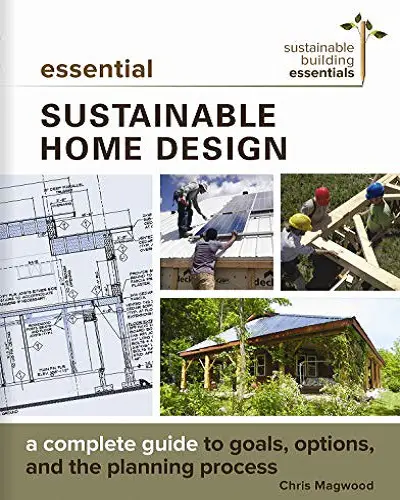
Editor’s choice
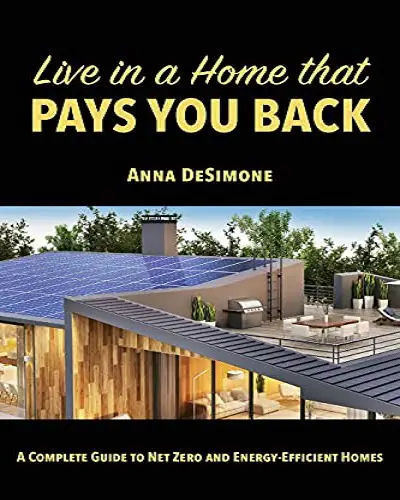
Best value
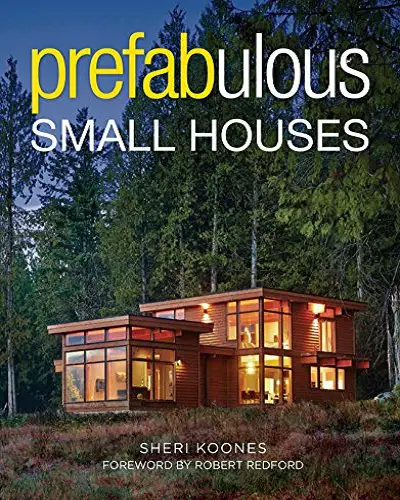
Why small space living is good generally
Small space living has become a growing trend in recent years, and for good reason. Whether you’re downsizing, trying to save money, or just want to live a simpler life, there are numerous benefits to living in a smaller space.
Firstly, small space living forces you to declutter and get rid of unnecessary possessions. When you have limited space, every item you own has to serve a purpose and be worth the space it takes up.
This can lead to a more minimalist lifestyle and a greater appreciation for the things you do have. Secondly, living in a smaller space can save you money on rent, utilities, and maintenance costs.
Smaller homes typically require less upkeep and use less energy, which can lead to significant savings over time.
Additionally, living in a smaller space can help you avoid the temptation to accumulate unnecessary material possessions, which can save you money in the long run.
Thirdly, small space living can promote a more sustainable lifestyle. By living in a smaller space, you’re naturally reducing your carbon footprint by using less energy and resources.
Additionally, small space living can encourage you to adopt more environmentally-friendly habits, such as composting and using reusable products. Lastly, small space living can lead to a more intentional and fulfilling life.
When you have less space, you’re forced to be more intentional about how you use it, which can lead to a more focused and intentional life overall.
Additionally, living in a smaller space can help you prioritize experiences over possessions, leading to a more fulfilling life.
Overall, small space living is a great way to simplify your life, save money, and promote a more sustainable and intentional lifestyle.
Whether you’re downsizing, starting fresh, or just curious, there are numerous benefits to living in a smaller space that are worth considering.

FAQ
1. What are some space-saving solutions for small apartments?
Some space-saving solutions for small apartments include multi-functional furniture, wall storage, and minimalist design.
2. How can I make a small room look bigger?
Use light colors, declutter, maximize storage, hang curtains high, use mirrors, and add lighting.
3. What are the benefits of living in a small space?
Less expenses, easier maintenance, and reduced environmental footprint are some benefits of living in a small space.
4. What furniture is best for small living spaces?
Multipurpose, compact furniture like sofa beds, storage ottomans, and folding tables work well in small living spaces.
5. How can I maximize storage in a small home or apartment?
Use vertical space, multifunctional furniture, and declutter regularly to maximize storage in small homes/apartments.
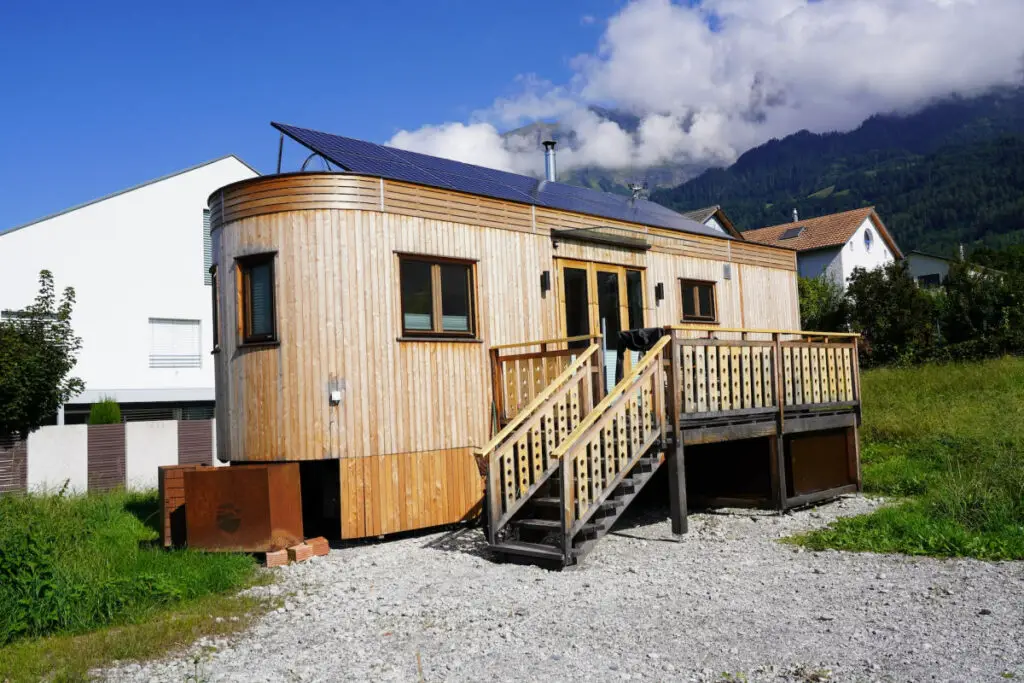
Final thought
In conclusion, small space living is more than just a trend. It’s a smart way to save money and live more sustainably. By adopting the seven ways outlined above, you can significantly reduce your expenses and increase your quality of life.
Firstly, downsizing your home means lower rent or mortgage payments, which can free up your budget for other important things.
Secondly, small spaces require less energy to heat and cool, resulting in lower utility bills. Thirdly, minimalism and small space living go hand in hand, allowing you to save money by avoiding unnecessary purchases.
Additionally, small space living encourages eco-friendly practices such as composting and recycling, which can lead to long-term cost savings.
Maximizing storage space and making use of multifunctional furniture can also save you money on storage solutions and furniture purchases.
Moreover, living in a small space can encourage you to adopt a simpler, less consumerist lifestyle, which can ultimately save you money and help you find more joy in life’s simple pleasures.
Finally, downsizing your home can lead to more time and freedom to pursue your passions and hobbies. In short, small space living is a practical and cost-effective way to live a simpler, more sustainable, and fulfilling life.
Also see: How Much Is A Tiny House In Virginia


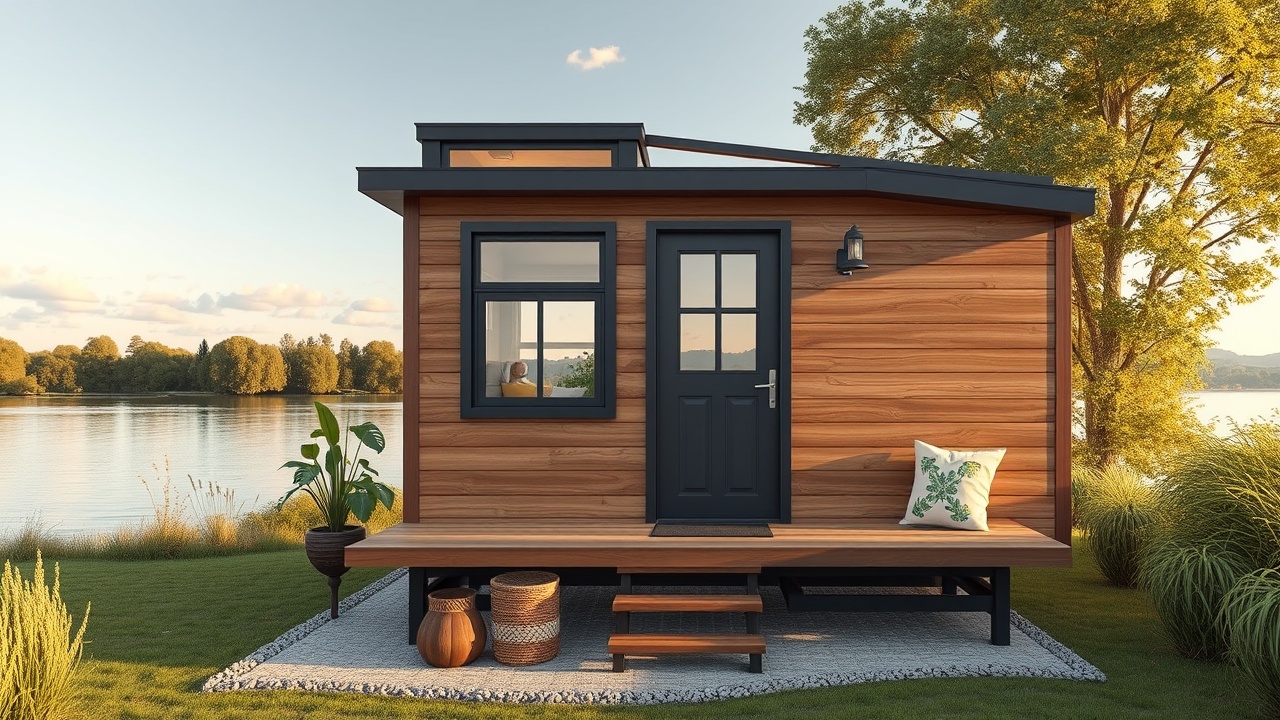
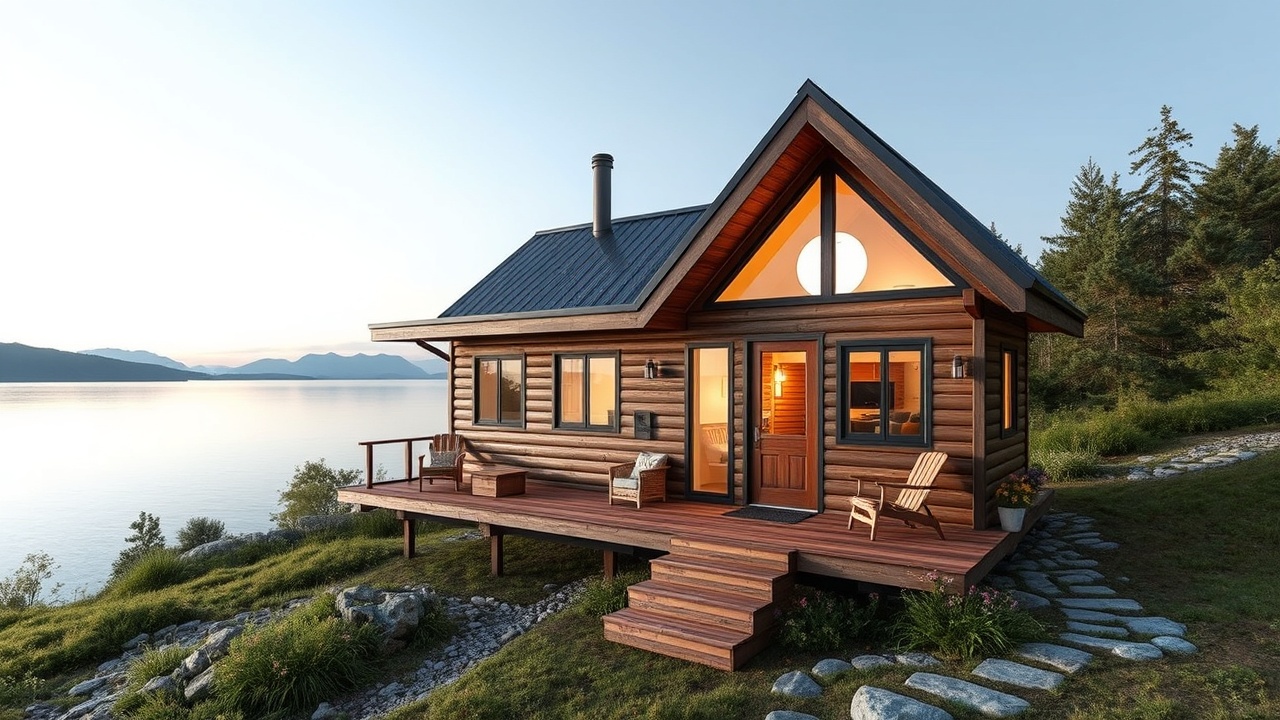
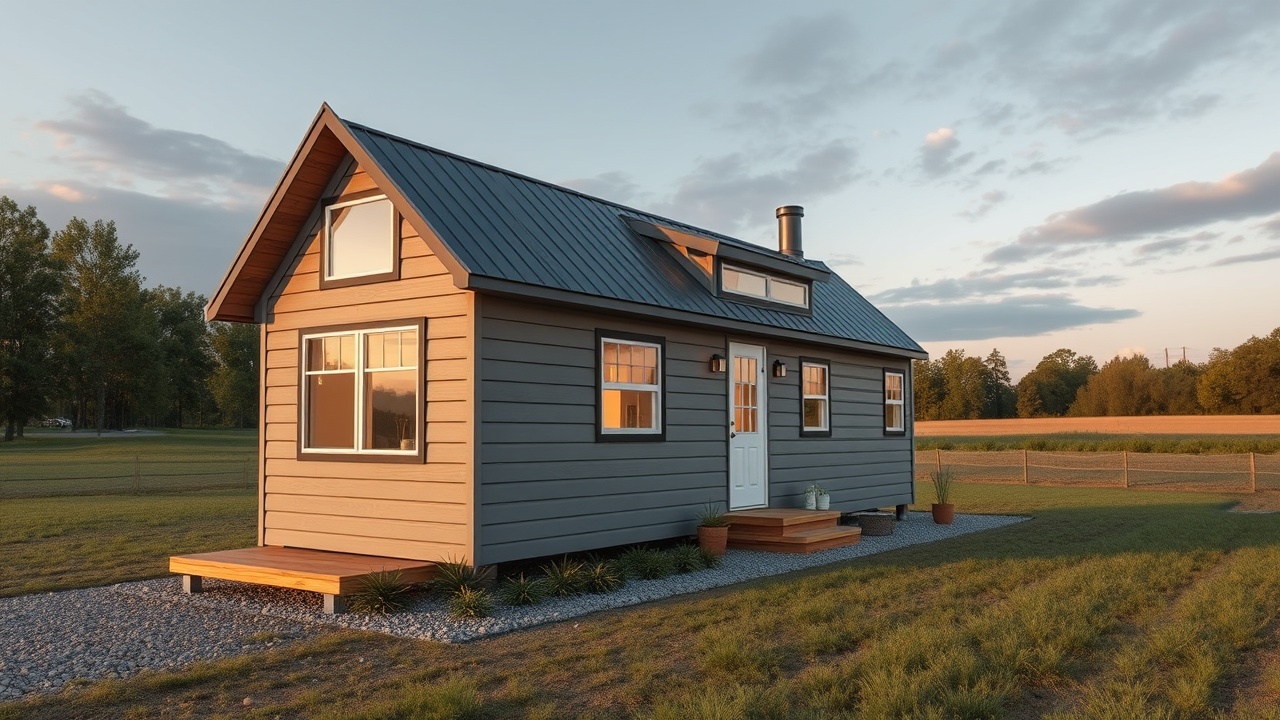
Leave a Reply